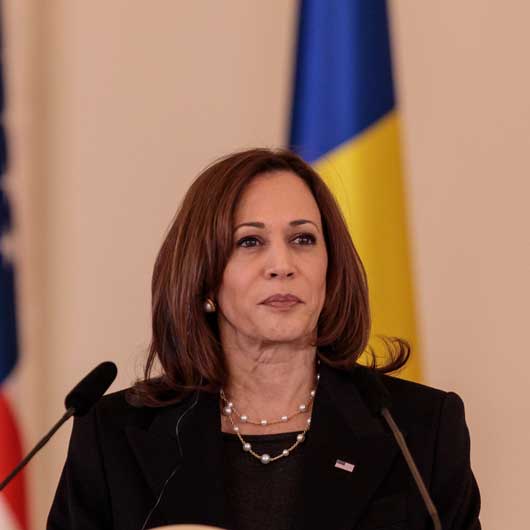Following her loss to President-elect Donald Trump, Vice President Kamala Harris has been criticized for her week-long luxury vacation in Hawaii.
Harris and her spouse, Doug Emhoff, landed in Kalaoa, Hawaii on November 19, 2024, for a six-day excursion at a high-end estate in Mauna Kea Resort. The property, rented at $1,300 per night, is owned by a member of the Mondavi wine family. It features 5,200 square feet, five bedrooms, and luxurious amenities including complimentary Mondavi wine.
During their stay, Harris and Emhoff kept a low profile, rarely leaving the secluded property. An extensive security setup, including Secret Service personnel and local law enforcement officers, ensured their safety.
The timing of Harris’ vacation has drawn criticism as it coincided with turmoil within the Democratic National Committee (DNC). Reports of sudden layoffs within the DNC emerged, leaving employees without severance and clear communication about their future, adding to the uncertainty and frustration.
Adding fuel to the fire, allegations of financial mismanagement within the DNC have further undermined trust in the party’s leadership. Despite the Harris campaign and the DNC raising over $1 billion during the election cycle, there are questions surrounding the allocation of these funds. Democratic megadonor John Morgan criticized Harris’ failed $1.5 billion campaign, bluntly stating she “cannot be trusted with the money.”
Many critics have highlighted the stark contrast between Harris’ luxury retreat and the struggles of DNC employees who lost their jobs. They argue that her actions reflect a wider disconnect from the struggles of her supporters and the challenges the Democratic Party is facing.
The Hawaiian vacation has become a focal point for concerns about the leadership and accountability of the Democratic Party. Harris’ absence during a crucial period has raised questions about her commitment to addressing the internal issues and restoring trust within the party.
Despite the controversy, Harris has expressed her intent to “stay in the fight” and is reportedly considering future political opportunities, including a possible run for California governor in 2026 or another presidential bid in 2028. However, the fallout from recent events could present significant challenges. Critics argue that her actions have hindered her ability to re-engage with the party’s base and regain their trust.
As the Democratic Party attempts to recover from electoral losses and internal issues, the focus on its leaders, including Harris, is intensifying. Her Hawaiian vacation is currently seen as a symbol of disconnection during a time of instability and uncertainty.

